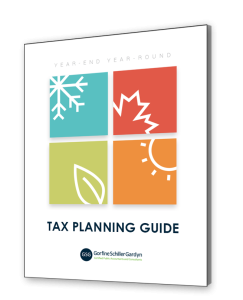When hiring a valuation analyst, it’s important to look for an experienced professional. Many analysts pursue credentials from one of several well-known organizations, including the American Society of Certified Public Accountants (AICPA), the American Society of Appraisers (ASA) and the National Association of Certified Valuation Analysts (NACVA), which merged with the Institute of Business Appraisers (IBA) last summer.
- ABV: Accredited in Business Valuation – This AICPA credential requires a CPA license and AICPA membership, completion of the ABV examination, and a minimum of either six valuation engagements or 150 hours of valuation experience. ABV candidates must also complete 75 hours of valuation-related continuing education.
- ASA: Accredited Senior Appraiser – This designation from the American Society of Appraisers requires a four-year degree, the equivalent of five years of full-time appraisal experience, a series of business valuation courses and exams, submission of an appraisal report that meets the examining committee’s approval, and ongoing CPE. ASAs follow the Uniform Standards of Professional Appraisal Practice (USPAP), developed by the Appraisal Foundation, which was authorized by Congress as the source of appraisal standards and appraiser qualifications.
- CVA/AVA: Certified/Accredited Valuation Analyst – These credentials require NACVA membership, two years of related experience or at least 10 completed valuations, six references and successful completion of a five-hour exam. The CVA requires a CPA license but not an MBA degree. The AVA requires a business degree or MBA, but not a CPA license.
- CBA: Certified Business Appraiser – The CBA is now administered through a NACVA division known as Appraisal Database and Mentoring Services (ADAM). The CBA requires ADAM membership, a four-year degree plus ADAM’s valuation training, an exam and two demonstration reports.





